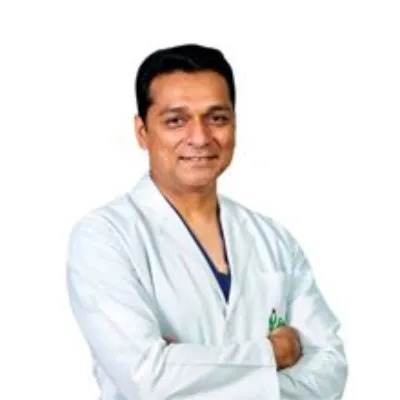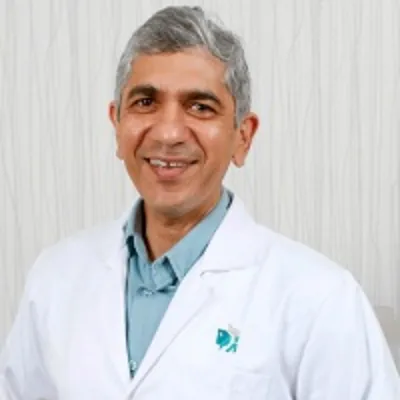Best Cardiologists in Artemis Hospital Gurgaon
 10 December,2025
Read More
10 December,2025
Read More
Starting From: USD 2700 - USD 4500
Hospitalization Days: 2-3 Days
Procedure Duration: 2 Hrs - 3 Hrs
Shoulder Replacement is affordable in India. The cost of Shoulder Replacement in India lies between USD 2700 - USD 4500. The exact procedure price depends on multiple factors such as the surgeon's experience, type of hospital, severity of the condition, patient's general condition,�etc.
Shoulder replacement, also known as shoulder arthroplasty, is a surgical procedure that involves replacing a damaged or diseased shoulder joint with an artificial joint, known as a prosthesis. This procedure is commonly performed to alleviate pain, restore function, and improve the quality of life for individuals with severe shoulder conditions, such as arthritis or fractures.
Shoulder replacement is typically considered for individuals with debilitating shoulder pain and loss of function caused by:
There are several types of shoulder replacement surgeries, each designed to address specific conditions and patient needs:
The surgical procedure involves several key steps:
Following shoulder replacement surgery, a comprehensive rehabilitation program is crucial for a successful recovery:
Shoulder replacement surgery has become a highly effective and commonly performed procedure for individuals suffering from severe shoulder conditions. By replacing damaged or diseased shoulder joints with prosthetic components, this surgery aims to alleviate pain, improve functionality, and enhance overall quality of life. The various types of shoulder replacement procedures allow for a tailored approach, addressing specific conditions and patient needs.
As with any surgical intervention, a thorough preoperative assessment, careful consideration of potential risks, and a comprehensive postoperative rehabilitation program contribute to successful outcomes. Shoulder replacement has proven to be a transformative solution for individuals with debilitating shoulder pain, providing them with the opportunity to regain mobility, independence, and an improved overall quality of life.

Head of Department (HOD)
Orthopedic and Joint Replacement Surgeon
Max Smart Super Speciality Hospital, Saket, New Delhi

Senior Director
Orthopedic and Joint Replacement Surgeon
Fortis Memorial Research Institute (FMRI), Gurgaon

Senior Consultant
Orthopedic and Joint Replacement Surgeon
Indraprastha Apollo Hospital, New Delhi


Chairman
Orthopedic and Joint Replacement Surgeon, Spine Surgeon

Consultant
Orthopedic and Joint Replacement Surgeon
Nanavati Super Specialty Hospital, Mumbai
Doctor of Pharmacy
Dr. Deepanshu Siwach is a skilled clinical pharmacist with a Doctor of Pharmacy degree.?He has 4+?years of experience and has worked with thousands of patients. He has been associated with some of the top hospitals, such as Artemis Gurgaon.
Dr. Deepanshu Siwach is a skilled clinical pharmacist with a Doctor of Pharmacy degree.?He has 4+?years of experience and has worked with thousands of patients. He has been associated with some of the top hospitals, such as Artemis Gurgaon....
Director
Orthopedic and Joint Replacement Surgeon
Aakash Healthcare Super Speciality Hospital, Dwarka, New Delhi
Dr. Aashish Chaudhry is amongst the best Orthopedic Surgeons, with over 23 years of experience....
The Art of Effective Communication
 10 December,2025
Read More
10 December,2025
Read More
 09 December,2025
Read More
09 December,2025
Read More
 05 December,2025
Read More
05 December,2025
Read More
 04 December,2025
Read More
04 December,2025
Read More
 27 November,2025
Read More
27 November,2025
Read More
 25 November,2025
Read More
25 November,2025
Read More